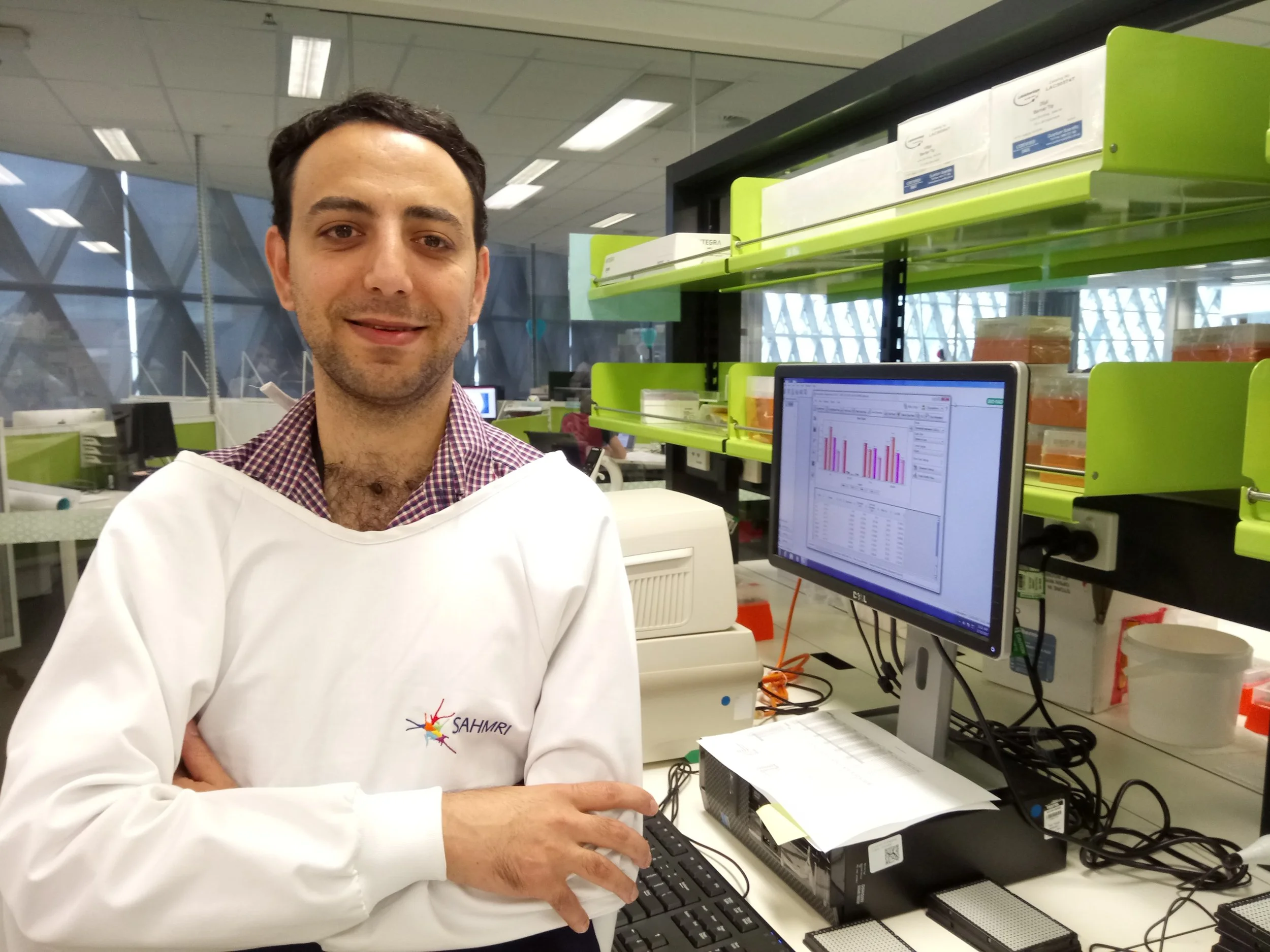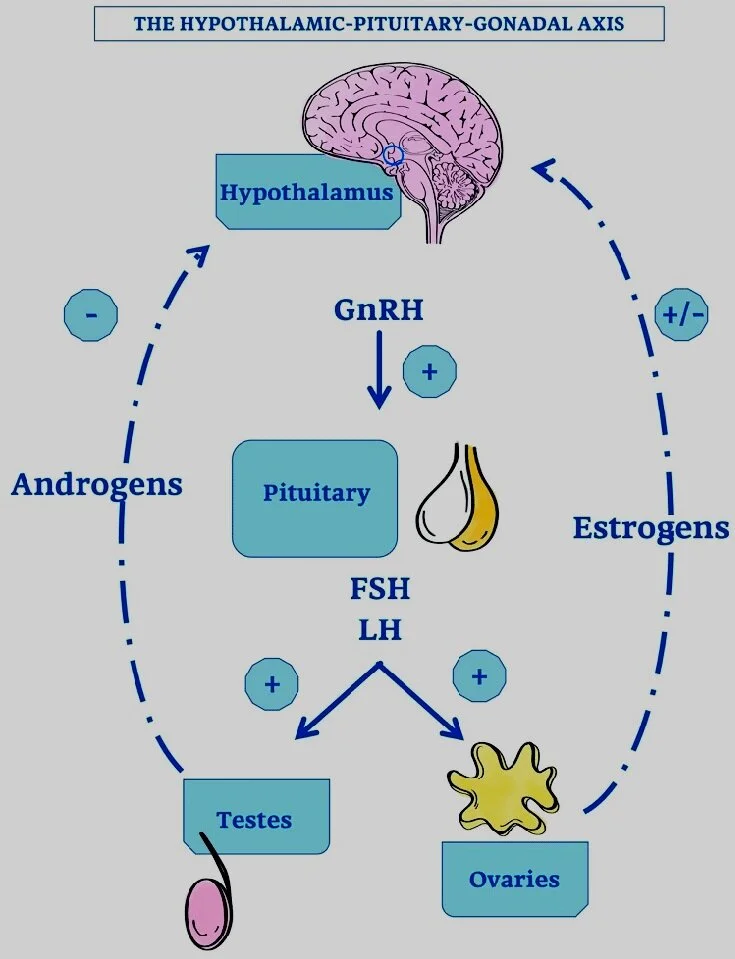The Centre is pleased to formally announce the appointment of Jasmine Petersen to the position of the inaugural Freemasons Centre for Male Health & Wellbeing Early Career Research Fellow at Flinders University. Jasmine has started her 2-year post-doctoral training and research position in the area of young males, sport and mental health, funded by the Centre through generous support of Masonic Charities and Flinders Foundation.
Jasmine recently completed her PhD in Psychology at Flinders University in the area of behaviour change and exercise.
Jasmine will be based at the Sport, Health, Physical Activity and Exercise (SHAPE) Research Centre in the College of Education, Psychology and Social Work and working closely with program leads Professor Murray Drummond and Associate Professor Ben Wadham.
Jasmine will be working directly with young males and their sporting clubs to establish how young males social and emotional development ies are created, maintained and perpetuated within their sporting clubs, and promote the importance of mental health and wellbeing as a key element of sporting club culture.
Jasmine and her research team aim to assist traditional sporting clubs partnering with the Program to become inviting and nurturing spaces for young males through traditional and contemporary education initiatives developed as an outcome of this program.
Jasmine will be working with a broad range of sporting codes that have signed up to be involved in the program. These include:
o South Australian National Football League
o South Australian Cricket Association
o Indigenous Sport and Health Department, NT
o The Australian Football League, NT
along with partners
o Office for Recreation, Sport and Racing
o Sports SA
o Mental Health Commission, and the
o Breakthrough Mental Health Foundation
o NT Mental Health Coalition
o Darwin Indigenous Men’s Service.










